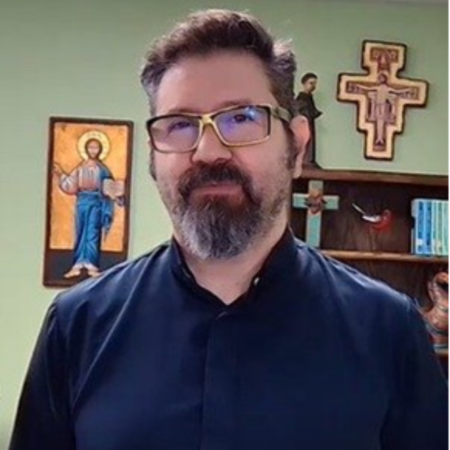The Lamb of God
John the Baptist saw Jesus coming toward him and said: “Behold the Lamb of God.” That’s how the gospels introduce us to unexpected images of God, a total revolution: no longer the God who demands sacrifice, but the One who sacrifices Himself.
And it will be like this throughout the gospels: here is a lamb instead of a lion; a hen (Lk 13:31-34) instead of an eagle; a child as a model of the Kingdom; a fig tree, a pinch of leaven. The God who became like us at Christmas and is small among us.
Yet it says that the Lamb takes away “the sin” of the world; notice it’s in the singular form. So we are talking about deep sin, the sick root that pollutes everything.
He heals us not with threats and chastisements but with what Pope Francis calls “the revolution of tenderness.” He hands himself into your hands.
“Takes away” in the present tense; not in the future, as a hope; not in the past tense, as a finished and concluded event, but now: here is the One, if only you welcome him. He will continually, tirelessly, and unrelenting take away all the shadows that age the heart and make you and others suffer. I am not worthy, but one word, just one word, and I shall be healed.

